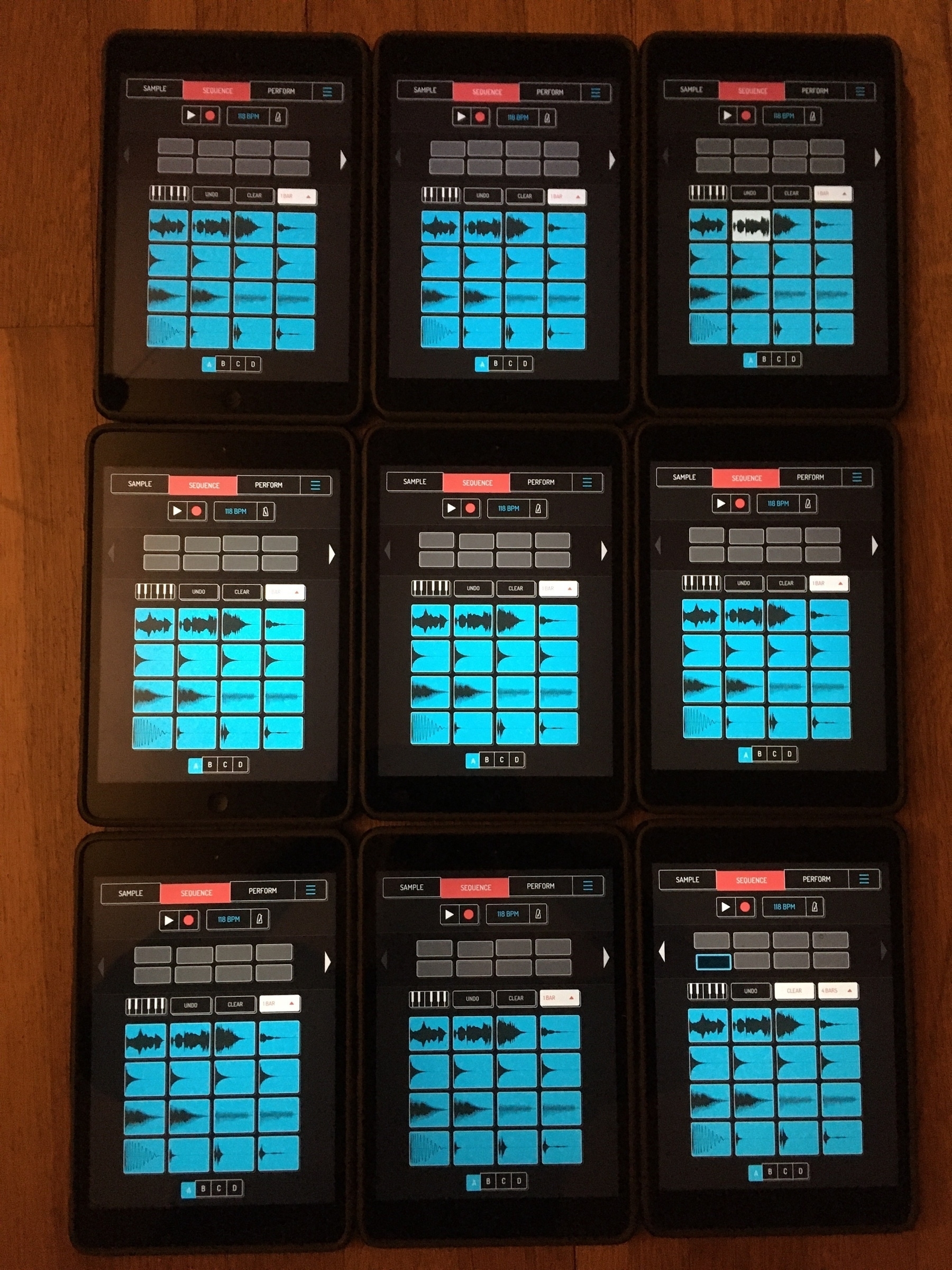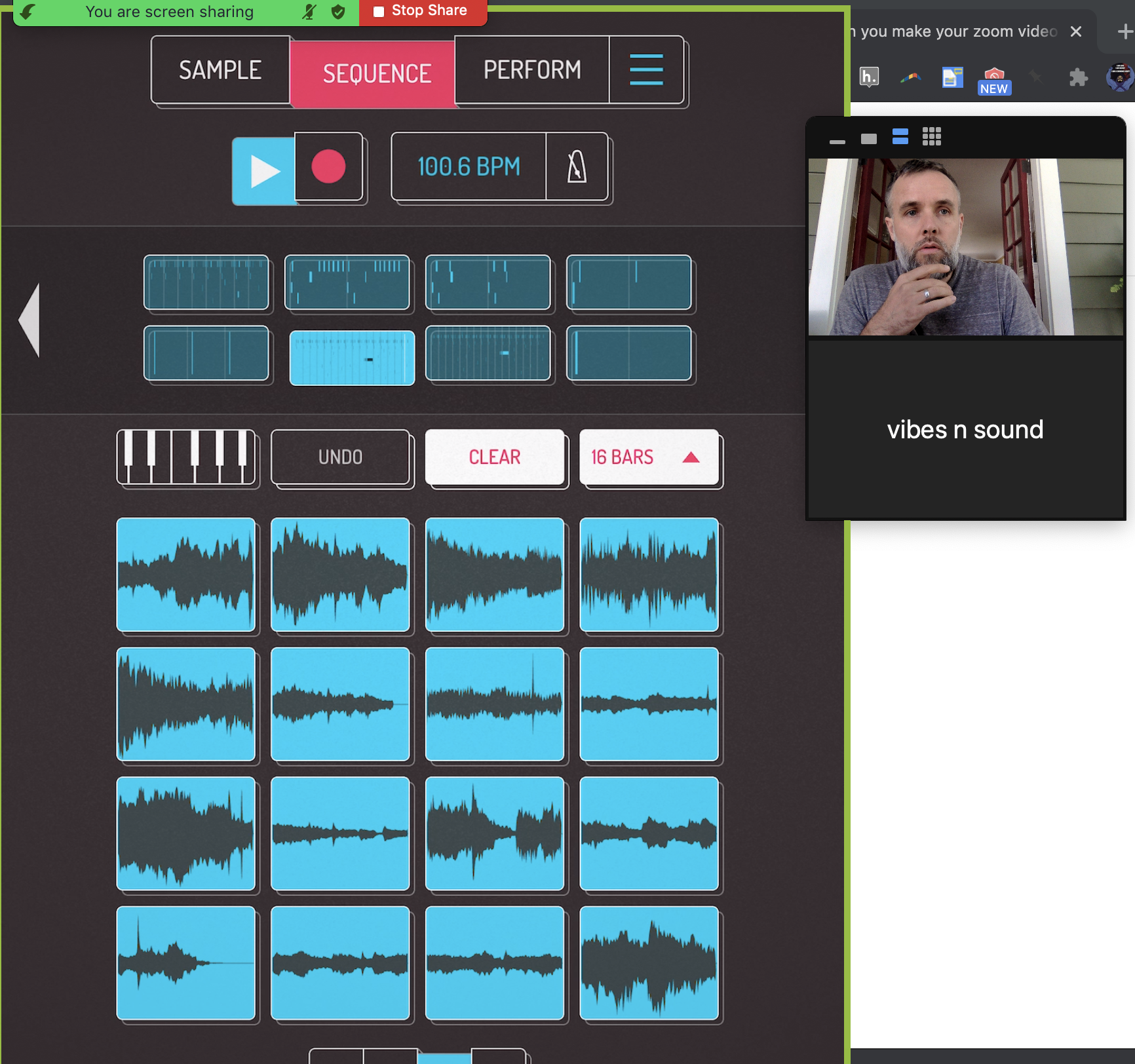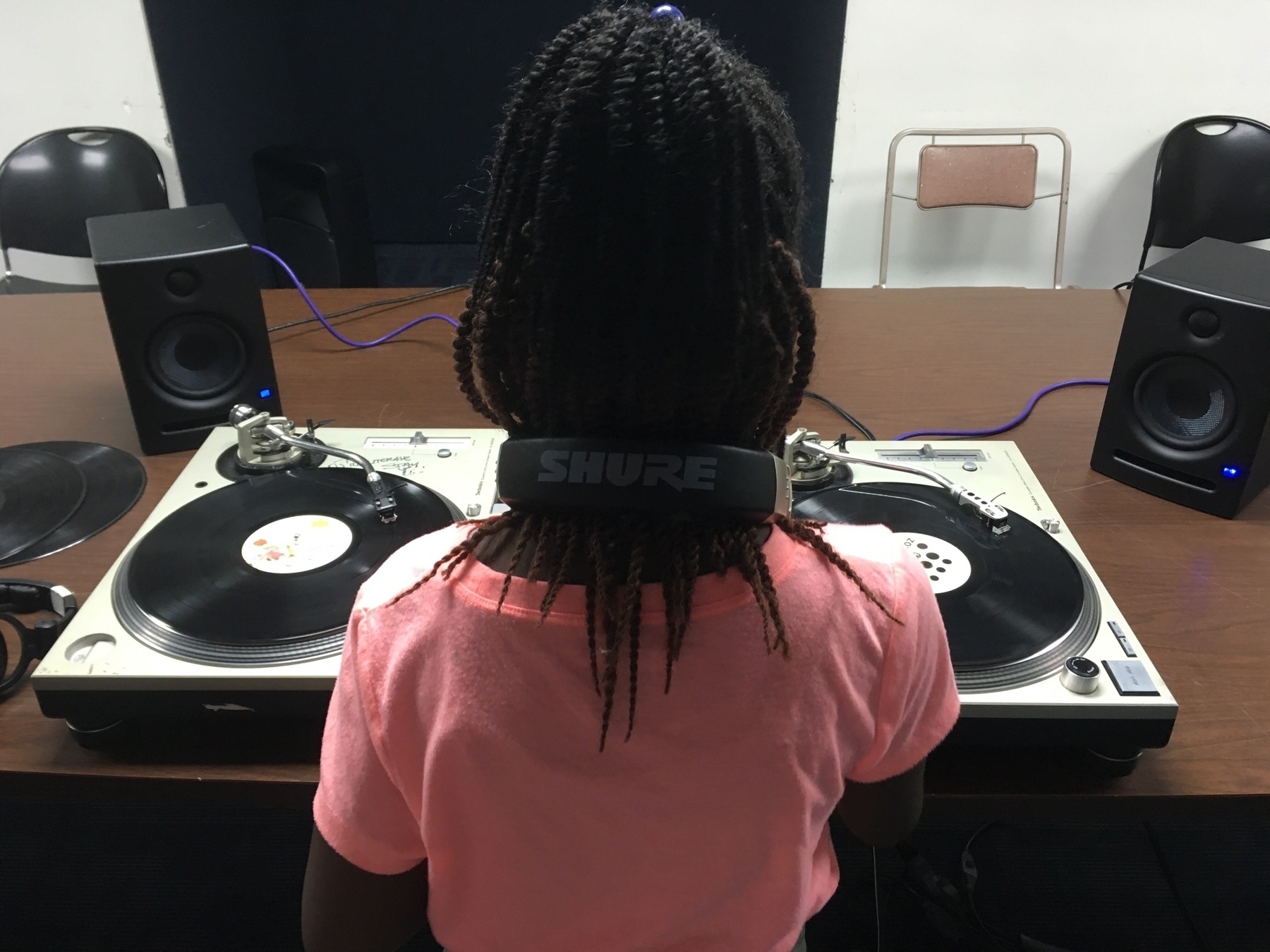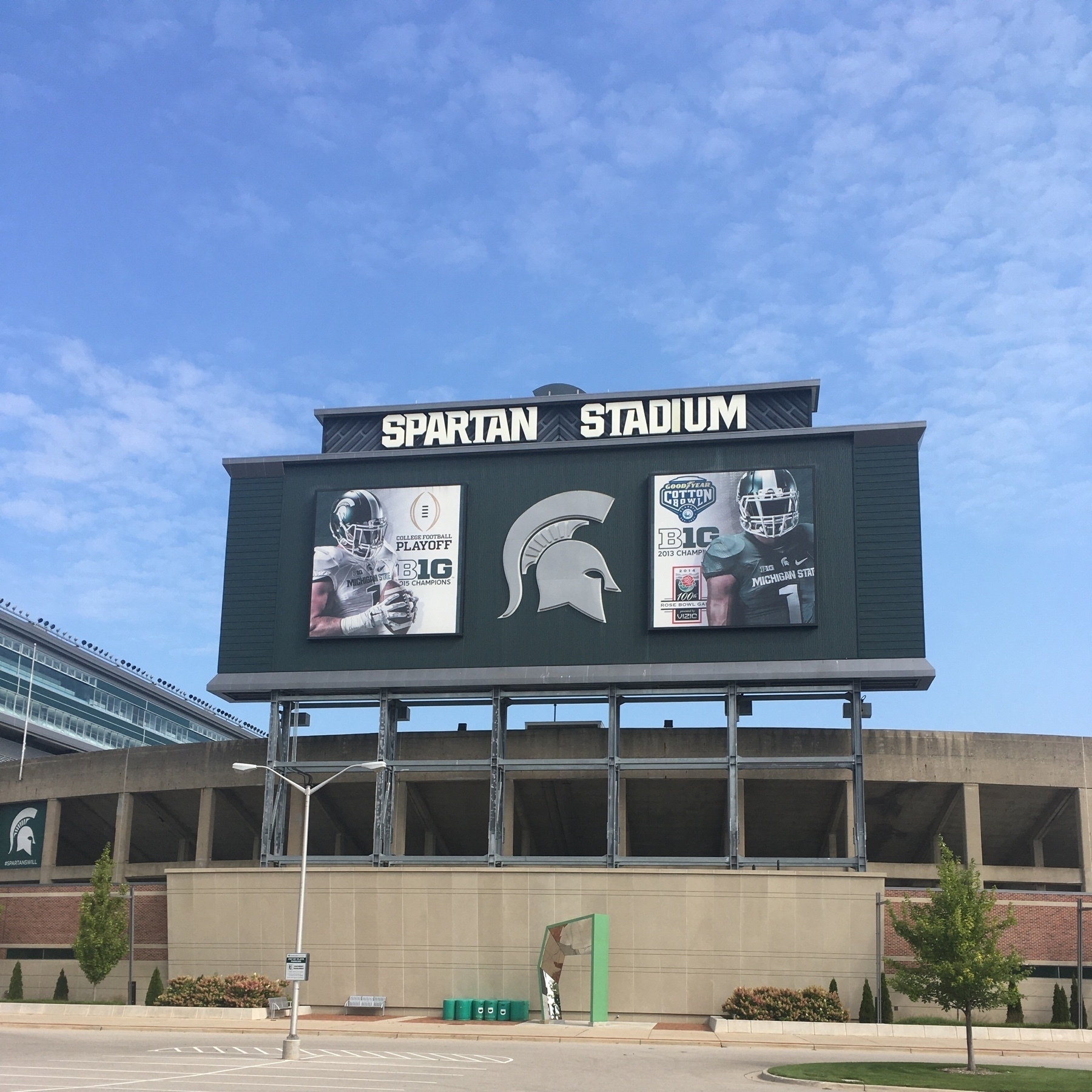Emery Marc Petchauer
Harney & Moten, on study, “From cooperation to black operation”
And we have a word for the sabotage of information, and that word is study. But this is to say that study, insofar as it comes first, is what the ministry of information has always been trying to regulate—simultaneously to accumulate and destroy. So you try to study, where to study, to be collected and stranded in study, in friendship, not, in the first place, to try to sabotage information; rather we might say study sabotages information precisely because that it is not its aim. Study is not a critique of information. In fact, study is aimless, shiftless. Study is a drifting hobo camp of sharecroppers with untimely dreams of cooperative farms, dreams that never settle, as, for instance, Christopher Taylor reads CLR James’s writings on sharecroppers. The university - the ministry of information – can be sabotaged, but it cannot be transformed. Study is not transformational. It is deformational, subformational, formless formation.
Today while finalizing class norms, we tagged on “no gotcha questions” to the norm about leaning into the discomfort of disagreement. What’s a gotcha question? We said it’s a question designed to show what someone else doesn’t know and/or point out a contradiction between two things they said — in order to (and this is crucial) discredit them. The threat of gotcha questions interferes with learning — especially unlearning — and even teaching. It’s even more the case when disagreement and discomfort might be crucial to the learning — as it is in this course. No gotcha questions in Young Adult Lit + Antiracist Teaching this semester.
I’ve been digging into the Prison Free Funds site lately. What other resources have you found useful in this regard?
Okay, one more thing about YA Lit + Antiracist Teaching this semester: I’m co-teaching part of the course with a veteran ELA teacher in SF who was (wait for it…) a participant in my diss over 15 years ago! She was “Malaya” in my first book. She went on to become an ELA teacher and I’ve learned so much from her over the years. I cherish her friendship. She is redesigning her unit on The Marrow Thieves, so we are going to bring my class into the authentic challenges posed by this redesign and pitch solutions that she might take up next year. I’ve often thought about how teacher education might have “teachers in residence” like humanities programs often have artists in residence (very different from a cooperating or mentor teacher), but the timing and labor demands on teachers never allow it. But she is on sabbatical this year, so she can engage with our class in a deep and sustained way. And I’m surely compensating her for time and expertise.
Today I thought this certain 12 year old was just messing around for about 30 minutes during session, laughing and giggling and mashing about. Then at the end he programmed something I’d never seen him program before. Just like that. Then an hour later I realized he wasn’t messing at all. He was exploring. The laughs and giggles were just the soundtrack.
Added bass and melody to the drums we laid down last week. At the end of class after the mini showcase, one student came up beside me and said, “Me and you, we should make a beat together.”
What a fun little article on listening to music (and beyond) in The Paris Review.
Listening, for most of us, doesn’t feel like doing anything. It’s more of a sensation than activity, a dreamy, ill-defined feeling stretching through us. We’re often not aware we are doing it, or even fully conscious. We literally—when we forget to shut off the television or our Spotify playlists—do it in our sleep.
But sometimes I wonder what would happen if we listened harder, or better, or more rigorously. This might seem exhausting. Am I incapable of relaxing? Probably. But music scholars insist that if we listened to music the way a musician would, understanding how notes trigger feelings, how tones take on their own textures and meanings, then we might experience something more visceral and expansive. We could push deeper into every song.
Doing my favorite thing this afternoon: making beats and sounds with kids. Each one teach as many as they can.

Putting together an hour long set for Universal Rhythm this week and contemplating just playing SAULT 7 on the turntable for the whole hour because.
“What relational conditions are necessary for X to happen?” That seems to be the question I’m asking myself in a lot of areas right now: outcomes in class, exchanges among artists in a research project, equity hack sessions with organziers, etc. I seem to be operating on a theory of change rooted in relational conditions and what they might afford.
Been following this story for a while. Another world is possible.
Newsom signs bill to return Bruce’s Beach to Black family - Los Angeles Times
How much do you really care about your collaborators if you’re not trouble shooting the vibes n sound x Koala Sampler integration over Zoom before the first exchange session?

Tyshawn Sorey on writing music for the Paul Motian Trio:
It’s really about how we breathe together, how we move together, how we listen, how we experience each other, what it feels like to play as a trio but not sound like three people. The way I’ve always viewed the notion of trio is that trio means one.
First class…back. I asked students to think about the people who got them through the last 18 months to where they are today — back in this classroom, the people they supported during the last 18 months, and the people whose names we know who are not here. I told them this isn’t something we should just do on this first, inaugural day “back.” It should become a ritual, an ongoing offering as we move forward uncertainly: “I want you to know and remember…” like SOLHOT does. I hope to carry this through next week and the rest of the semester, whatever it holds.
Do thyself a favor and click on the Detroit Jazz Festival live feed this afternoon.
Me: Okay, but why??
Also me: NEED NOW!!
This new vertical turntable attaches to the wall thevinylfactory.com/news/this…
This track by Kamaal Williams and Lauren Faith makes my day better everytime it comes on.
Snowber:
I have often wondered if the gift of the body’s knowledge is the best kept secret. We are bodies, we do not have bodies. They are a place of deep learning, and both bodily knowledge and bodily wisdom are available to us.

